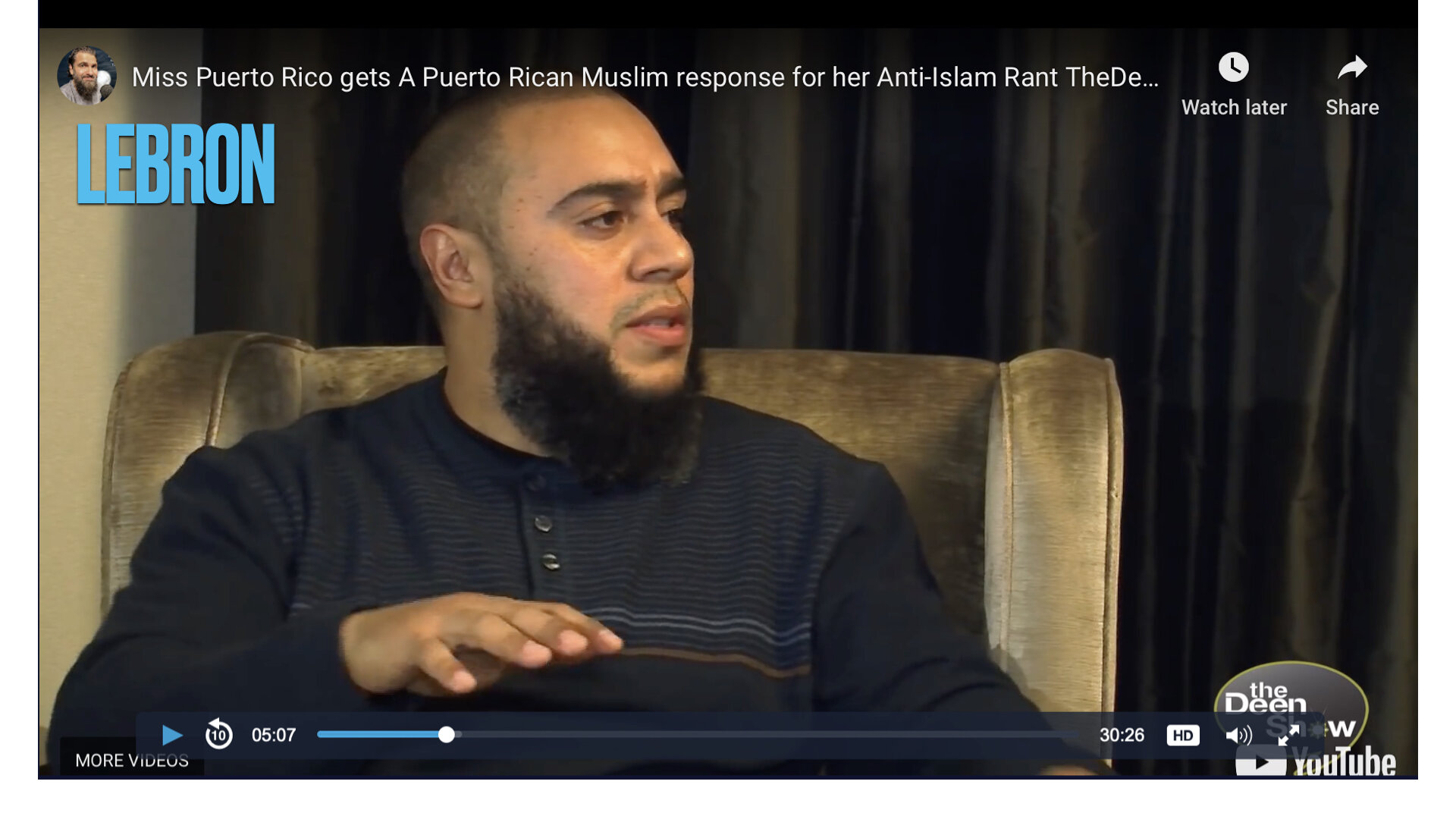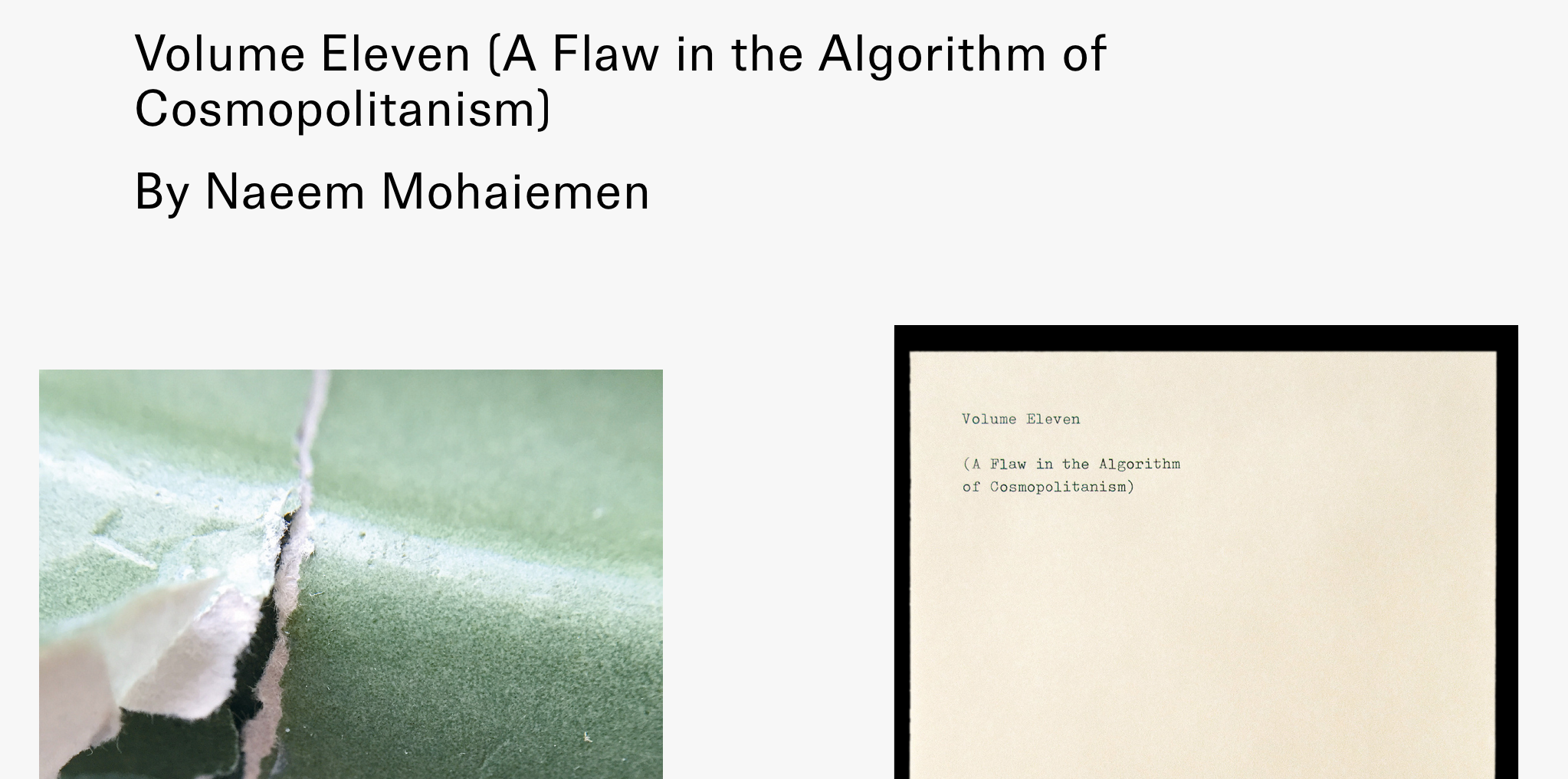Bad Bunny, born Benito Antonio Martínez Ocasio, is more than a global music phenomenon; he’s a bona fide symbol of Puerto Rico.
The church choir boy turned “King of Latin Trap” has songs, style and swagger that reflect the island’s mix of pride, pain and creative resilience. His music mixes reggaetón beats with the sounds of Puerto Rican history and everyday life, where devotion and defiance often live side by side.
Bad Bunny has been called one of Puerto Rico’s “loudest and proudest voices.” Songs like “El Apagón” – “The Blackout” – celebrate joy and protest together, honoring everyday acts of resistance to colonial rule and injustice in Puerto Rican life. Others, like “NUEVAYoL,” celebrate the sounds and vibrancy of its diaspora – especially in New York City. Some songs, like “RLNDT,” mention spiritual searching – featuring allusions to his own Catholic upbringing, sacred and secular divides, New Age astrology and Spiritism.
As a scholar of religion who recently wrote a book about Puerto Rican Muslims, I find echoes of that same strength and artistry in their stories. Although marginalized among Muslims, Puerto Ricans and other U.S. citizens, they find fresh ways to express their cultural heritage and practice their faith, creating new communities and connections along the way. Similar to Bad Bunny’s music, Puerto Rican Muslims’ lives challenge how we think about race, religion and belonging in the Americas.





